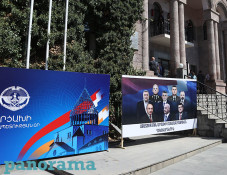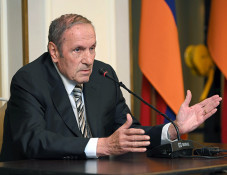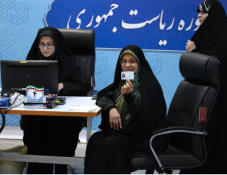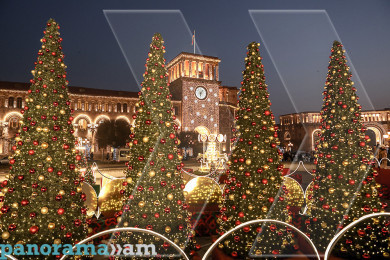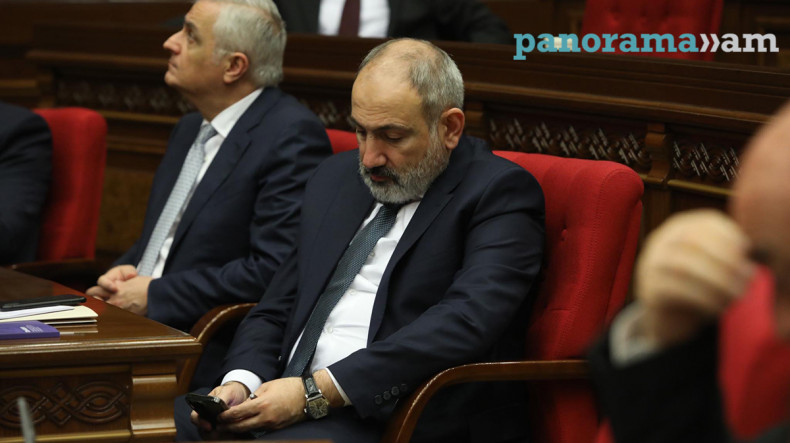
Pashinyan: Armenia purchasing mostly defensive weapons
Armenia is buying mostly defensive weapons and its defense spending is some 15-20% of what Azerbaijan spends on arms purchase, Armenian Prime Minister Nikol Pashinyan said.
"Of course, the investors and broader economic stability are interested in peace, but we are the primary beneficiaries of peace. So a number of statements coming from Azerbaijan regarding the reforms of Armenia's army and modernization are alarming us. You are right pointing out that there is a strong misbalance between the military budgets of Azerbaijan and Armenia and that is also the results of the deals you referred to that generates income for Azerbaijan, but what we are worried about is that even with this misbalance, Azerbaijan is responding very aggressively to the reforms of Armenia's armed forces and to the acquisition of arms and equipments, although everyone understands that these acquisitions are of solely defensive nature," he said in an interview with British journalists on Monday.
"As I have repeatedly said that no country can challenge the right of another country to have a combat ready army and I think having a strong army is sometimes used for war, but having such an army is also important for peace, for balancing the powers. That's also the reason why when Azerbaijan raises those questions, referring particularly to Armenia's acquisition of weapons, which is not more than 15-20% of Azerbaijan's acquisitions in terms of cost and volume, and our acquisitions are mostly of defensive nature, we respond to those statements," Pashinyan stated.
He highlighted Armenia's proposal for a bilateral arms control mechanism with Azerbaijan to mutually agree upon a way to avoid provoking arms race in our region.
"We proposed and we continue to propose simultaneous withdrawal of troops from the border declared on the bases of the 1991 Alma-Ata declaration. That proposal still stands. We also invited to sign a non-aggression pact before even any peace agreement. A pact on non-aggression is a much simpler one, and now, when the 1991 Alma-Ata declaration is being used as the bases for the delimitation process, we can sign a simple paper promising that we will not attack each other on the bases that we have recognized each other's territorial integrity and do not have territorial claim from each other," the PM said.
Newsfeed
Videos








